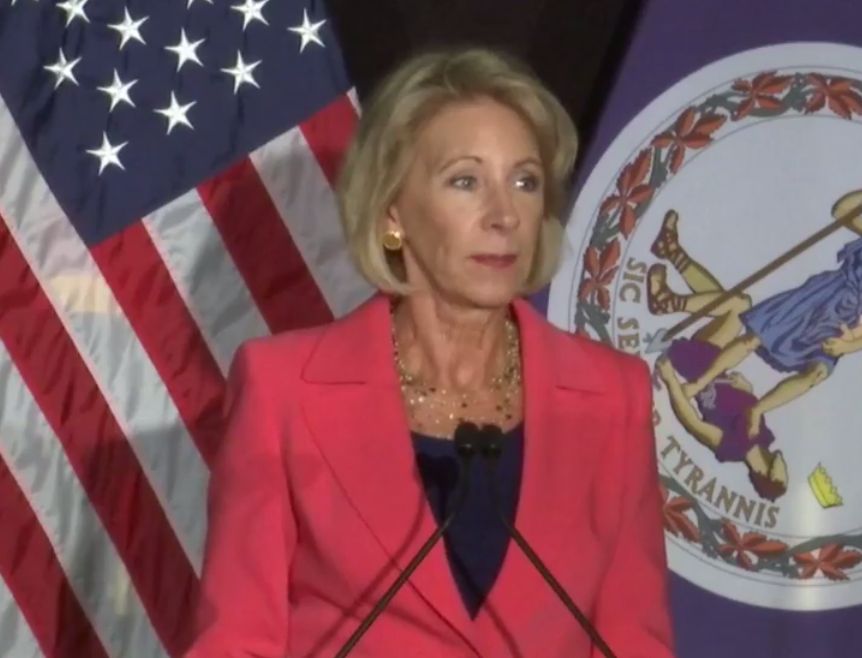The U.S. Department of Education will soon be releasing new Title IX policies that will reduce liability exposures of colleges, provide more support for victims of sexual misconduct and strengthen the rights of students who are accused of sexual assault, harassment or rape.
A copy of the proposed rules was obtained by the New York Times earlier this week and could be revised before their release in September. The new rules will have the force of law and will apply to institutions of higher education and elementary and secondary schools, as well as allegations against teachers, professors and other employees.
The proposed changes to the sexual misconduct policies are:
- The definition of sexual assault that schools must adjudicate has been narrowed to only include incidents that happen on campus, reports the Washington Post. Under the Obama administration, campuses were required to investigate conduct regardless of where it happened.
- Schools will only be held accountable for formal complaints filed through proper authorities. This standard is different from the one dating back to 2001 when schools could be held accountable if it knew or reasonably should have known about possible harassment.
- A new “deliberately indifferent” standard is created, meaning the campus would be violating the law if its response is clearly unreasonable “in light of known circumstances.”
- Campuses will have the option to raise the burden of proof from the “preponderance of evidence” standard to the “clear and convincing” standard. Whatever standard they choose must apply to any civil rights investigation. The Obama administration’s 2011 guidance advised schools to use the “preponderance of evidence” standard.
- Schools can decide whether or not they will allow an appeals process.
- Schools can use mediation to reach informal resolutions. The Obama administration determined that mediation, even voluntary mediation, was not appropriate for sexual misconduct cases due to the power dynamic between the victim and accused.
- The complainant and the accused can request evidence from each other and cross-examine each other. Additionally, both sides can have access to evidence obtained during an investigation, even if the evidence isn’t used. The Obama administration held that allowing each side to question the other would intimidate the victim and perpetuate a hostile environment.
- The definition of sexual harassment applies to repeated complaints and egregious allegations. The Obama administration’s definition was broader to include “unwelcome conduct of a sexual nature” including “unwelcome sexual advances, requests for sexual favors, and other verbal, nonverbal, or physical conduct of a sexual nature.” Although the new rules don’t define “hostile environment,” they do allow campuses to remove an accused person if they are determined to be a safety risk.
- Campuses won’t be penalized for providing supportive measures — such as counseling, deadline extensions, class schedule changes, escort services, housing changes, increased security and monitoring, leaves of absences and more — to victims who don’t file a formal written complaint. Those measures include “nondisciplinary individualized services” and should be “nonpunitive, time-limited and narrowly tailored” to keep students in school, reports the New York Times.
- Investigations should be impartial (which is the same as the Obama guidelines), and resolutions should be prompt and equitable. Additionally, a campus’ treatment of the accused, not just the victim, could constitute sex discrimination.
- The accused should be presumed innocent until proven guilty.
——Article Continues Below——







